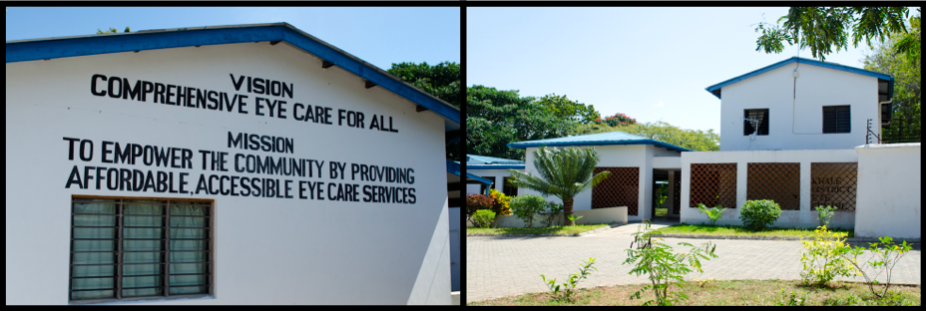ABOUT
Eyes For East Africa is a UK charity (no. 1053222). We exist solely to support the work of Kwale Eye Centre, an eye hospital located on the south coast of Kenya. Kwale Eye Centre was established in 1993 by UK ophthalmologist Dr. Helen Roberts MBE MBChB FRCOphth FCOECSA.
Kwale Eye Centre continues to expand and change to meet the changing need for eye care. Treatment ranges from basic eye treatment and spectacles to state of the art surgery for cataract and glaucoma and laser treatment for diabetes and macular disease. Other areas of activity include education, prevention of eye disease, field screenings and surgical eye camps. We welcome visiting specialists who assist in the treatment of patients and training of staff.
Kwale Eye Centre continues to expand and change to meet the changing need for eye care. Treatment ranges from basic eye treatment and spectacles to state of the art surgery for cataract and glaucoma and laser treatment for diabetes and macular disease. Other areas of activity include education, prevention of eye disease, field screenings and surgical eye camps. We welcome visiting specialists who assist in the treatment of patients and training of staff.


